
A “Jupiter” Hotter than the Sun
A newly discovered binary celestial system may advance our understanding of planet and star evolution under extreme conditions.

Images of enzyme in action reveal secrets of antibiotic-resistant bacteria
Bacteria draw from an arsenal of weapons to combat the drugs intended to kill them. Among the most prevalent of these weapons are ribosome-modifying enzymes, appearing worldwide in clinical samples in a range of drug-resistant bacteria. Now scientists have captured the first images of one important class of these enzymes in action.
By Carol Clark
The images show how the enzymes latch onto a particular site on the bacterial ribosome and squeeze it like a pair of tweezers to extract an RNA nucleotide and alter it. The Proceedings of the National Academy of Sciences (PNAS) published the findings, led by scientists at Emory University.
The advanced technique of cryoelectron microscopy made the ultra-high-resolution, three-dimensional snapshots possible.
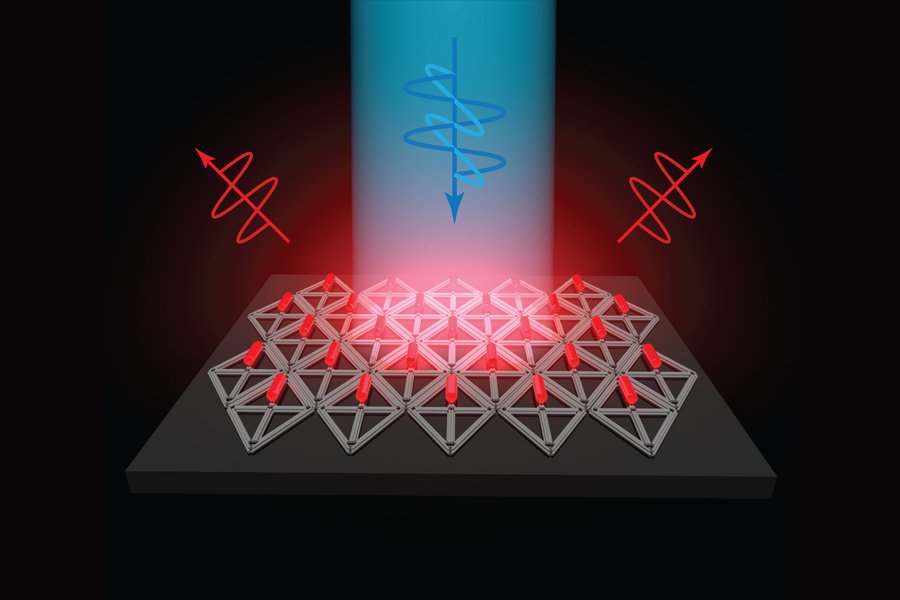
Arrays of quantum rods could enhance TVs or virtual reality devices
MIT engineers developed a new way to create these arrays, by scaffolding quantum rods onto patterned DNA.

Scientists invent smallest known way to guide light
2D optical waveguides could point way to new technology.

Hundred-year storms? That's how long they last on Saturn
A new study now shows that Saturn also has long-lasting megastorms with impacts deep in the atmosphere that persist for centuries.
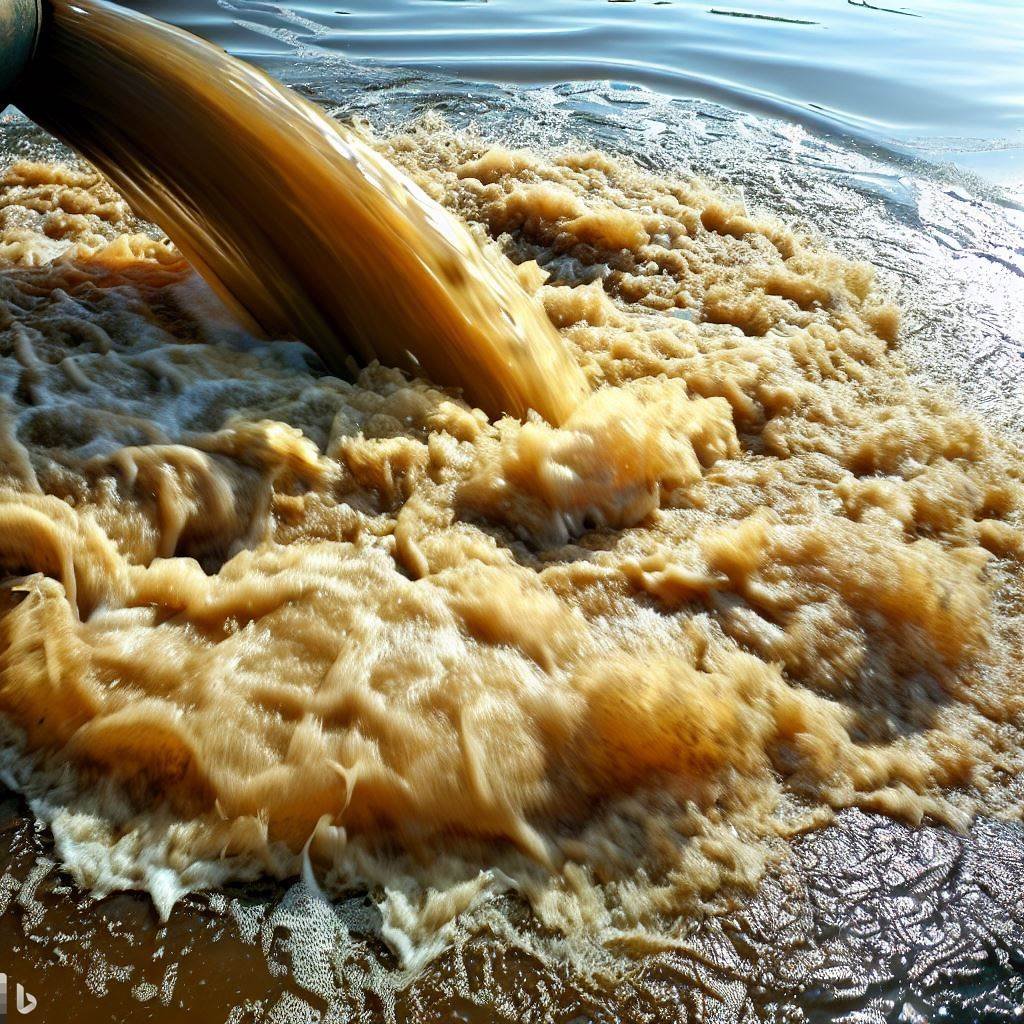
Even treated wastewater affects our rivers
Wastewater treatment plants are undoubtedly a great achievement. A study shows, however, that substances still manage to enter the water cycle that have an impact on the composition of the organisms living in it.

Archaeologists refute claims that a comet destroyed Hopewell culture
Archaeologist Kevin Nolan leads team of 12 researchers to refute claims that a cosmic airburst destroyed this culture.

The Perils of Not Being Athletic or Attractive in School
Despite the many changes in school culture since the 1960s, a new study reveals that some things never change: life is harder for middle school students who are not attractive and for those who are not athletic.
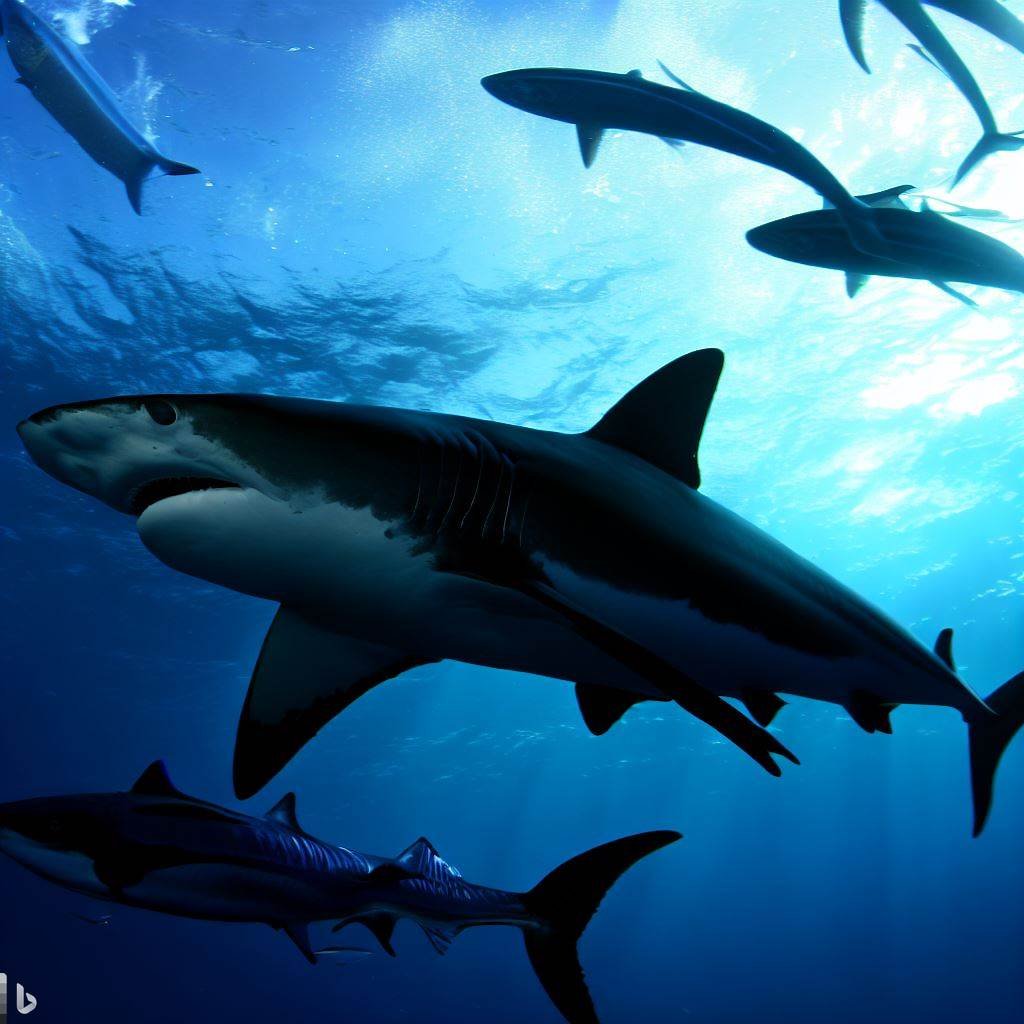
Predatory fish could lose 40 percent of habitat by 2100, study finds
Top fish predators —including sharks, tuna, and billfish such as marlin and swordfish— could suffer wide loss of suitable habitat by the end of the century due to climate change.

Long-term use of acid reflux medications linked to higher dementia risk
People who take proton pump inhibitors for about 4½ years or more have a 33 percent higher risk of developing dementia, study shows.
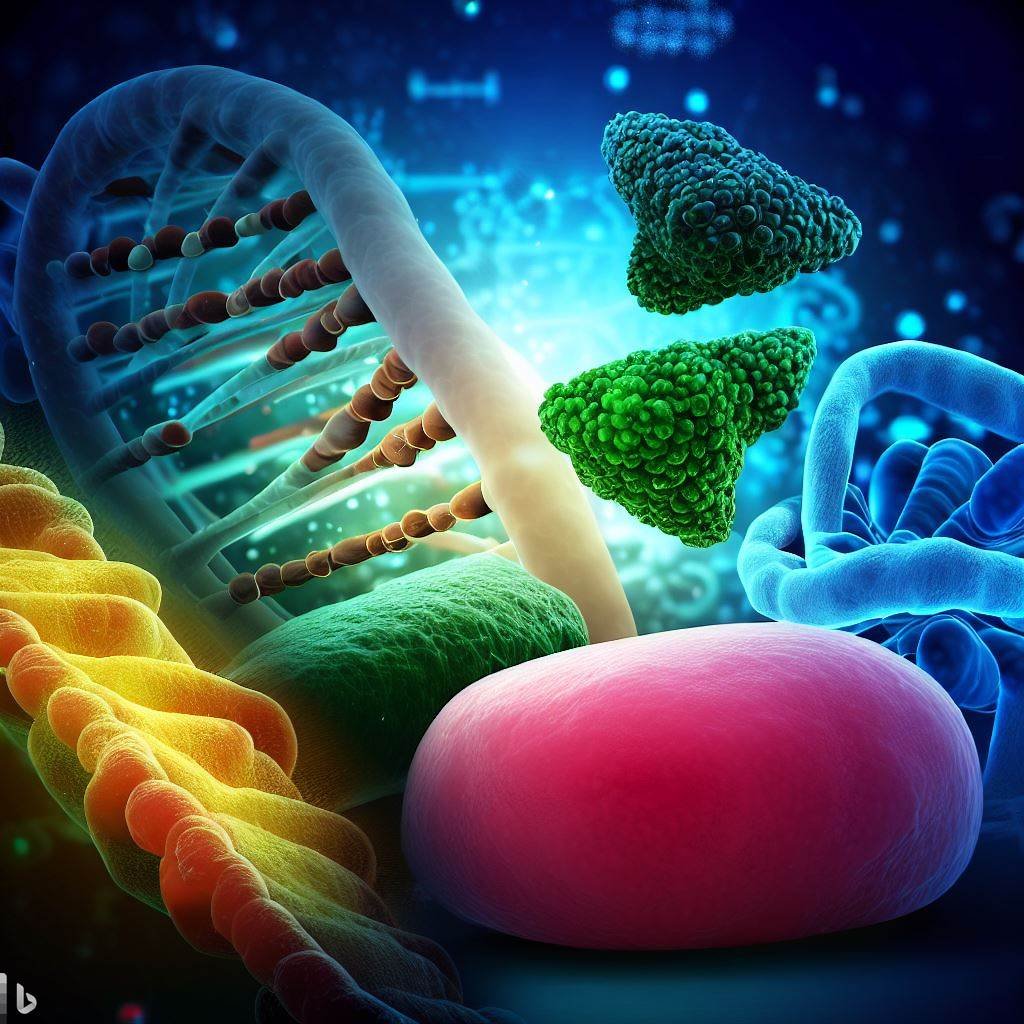
Genetically-engineered bacteria could detect tumour DNA
Engineered bacteria can detect tumor DNA shed by colon cancers into the gastrointestinal (GI) tract in mice. A potential for their use as biosensors to detect and respond to disease.

Simple ballpoint pen can write custom LEDs
Ink pens enable handwriting of optoelectronic devices on nearly any surface.
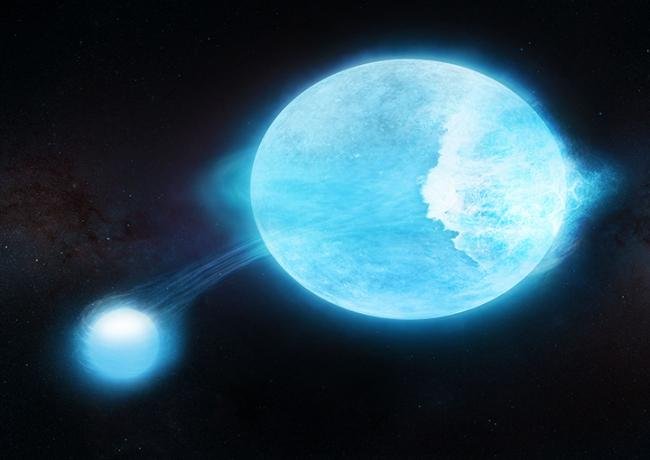
Stellar Surf's Up: Monster Waves as Tall as Three Suns are Crashing upon a Colossal Star
A first-of-its-kind "heartbreak" star, with pulsing brightness changes and breaking surface waves, offers a unique vantage into the evolution of massive double star systems.
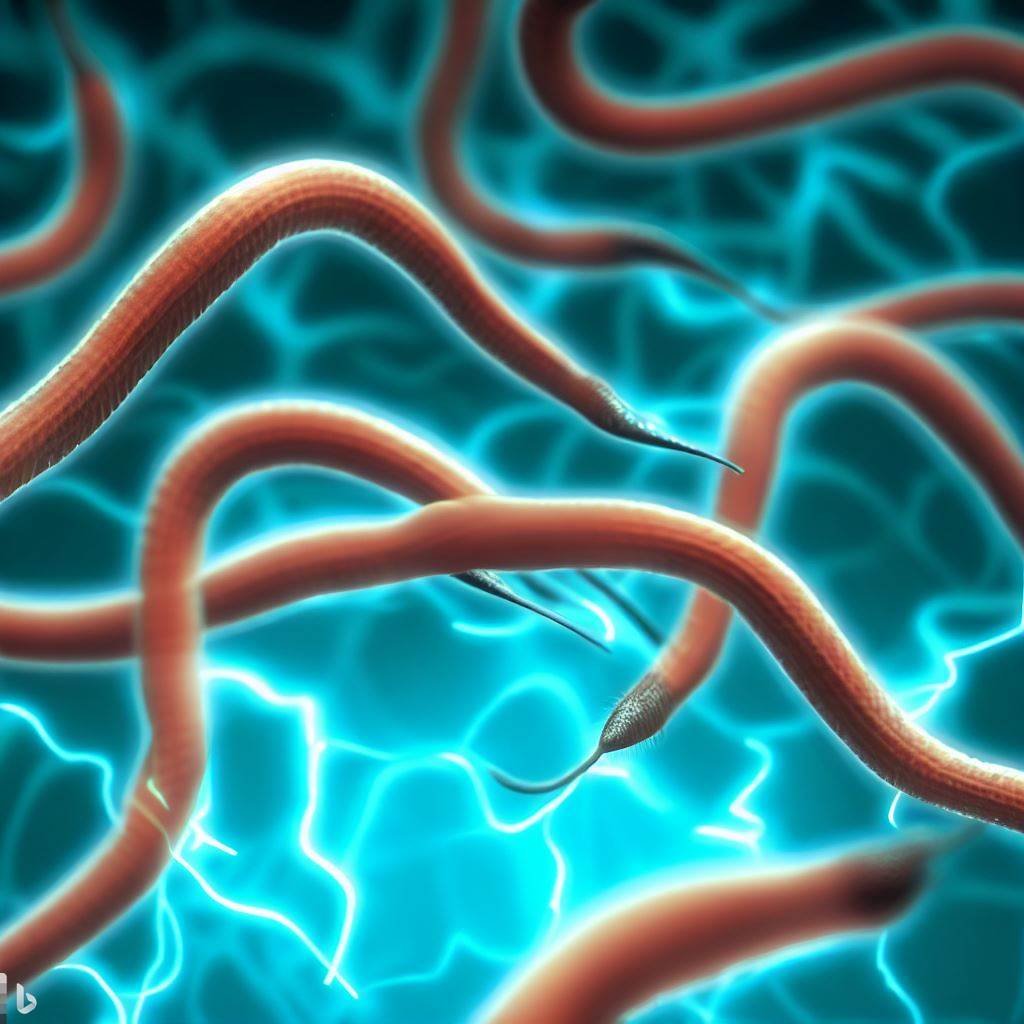
Roundworms joy ride across electric voltages
Researchers found that tiny nematode worm larvae surf electric fields to hitch rides on passing insects.
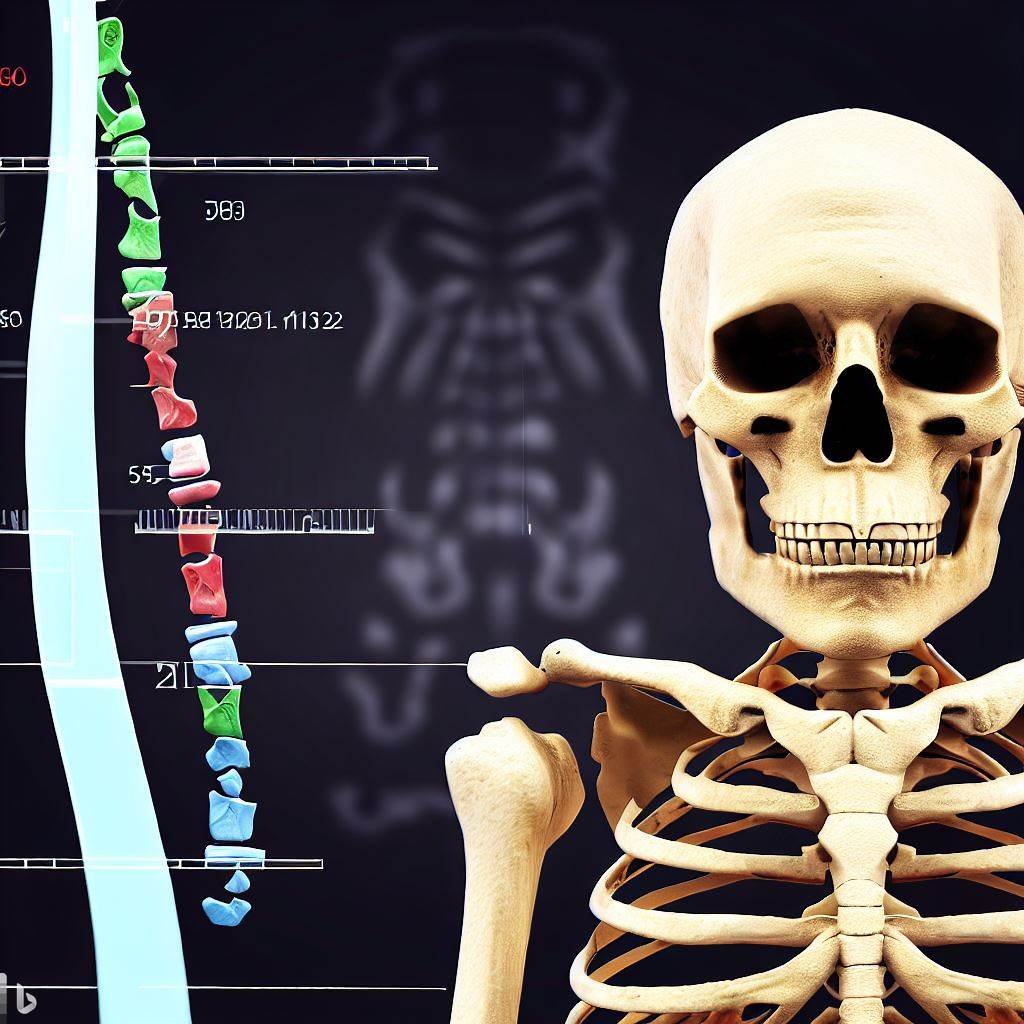
Various evolutionary forces shape the human skeleton
Genetic kinship analyses of human bones reach their limits if the DNA is poorly preserved or if destructive sampling is not possible. New research shows that in such cases, comparisons of the structure and shape of certain parts of the skeleton may also provide detailed information about relationship.

After 15 years, pulsar timing yields evidence of cosmic gravitational wave background
Groups report evidence that the cosmos is filled with a background of gravitational waves likely due to mergers of supermassive black hole binaries.

Scientists Discover New Ecosystem Underneath Hydrothermal Vents
International science team discovers deep-sea habitats, evidence of hydrothermal animals, in volcanic cavities beneath the ocean floor.

Cracks in Ancient Martian Mud Surprise NASA’s Curiosity Rover Team
A new investigation suggests the same conditions that created the cracks could have been favorable to the emergence of microscopic life.
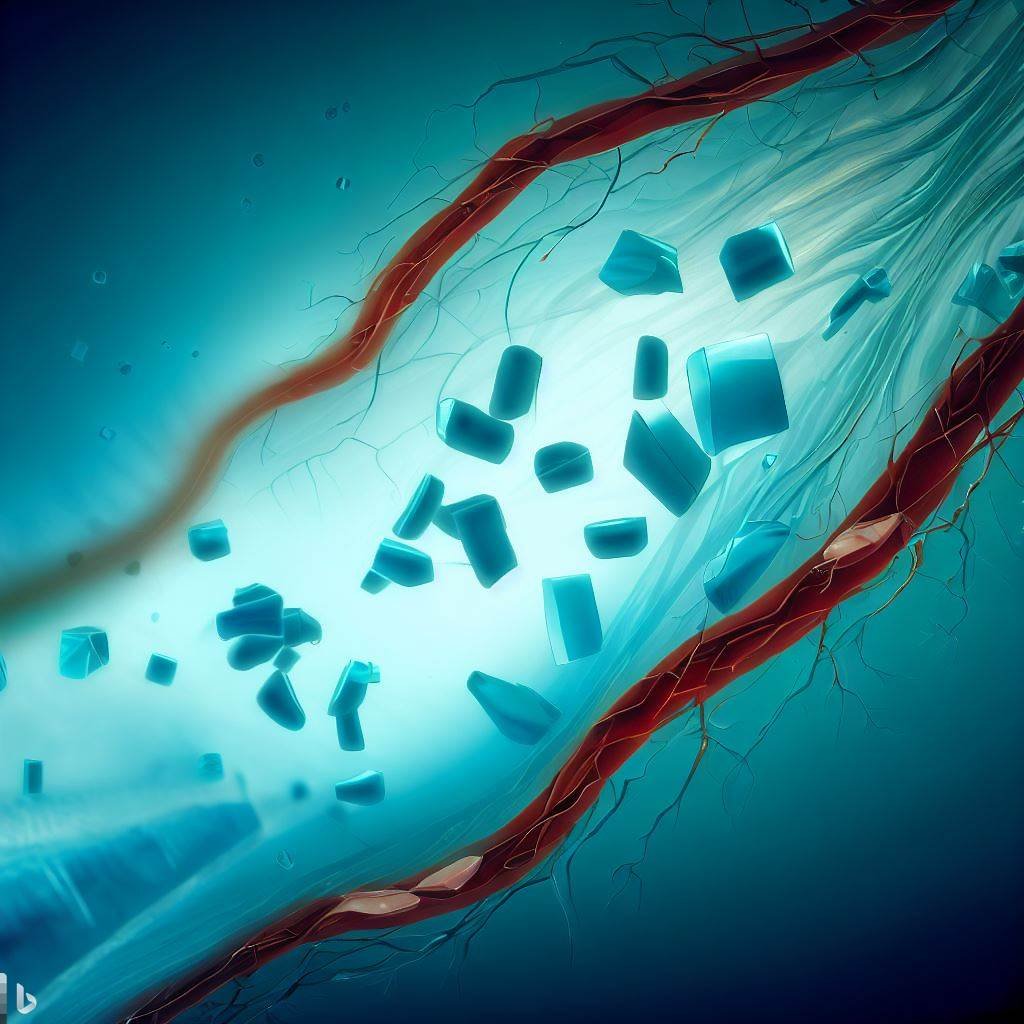
Microplastics found in human heart tissues
Researchers report that they have found microplastics in many heart tissues, both before and after surgical procedures.
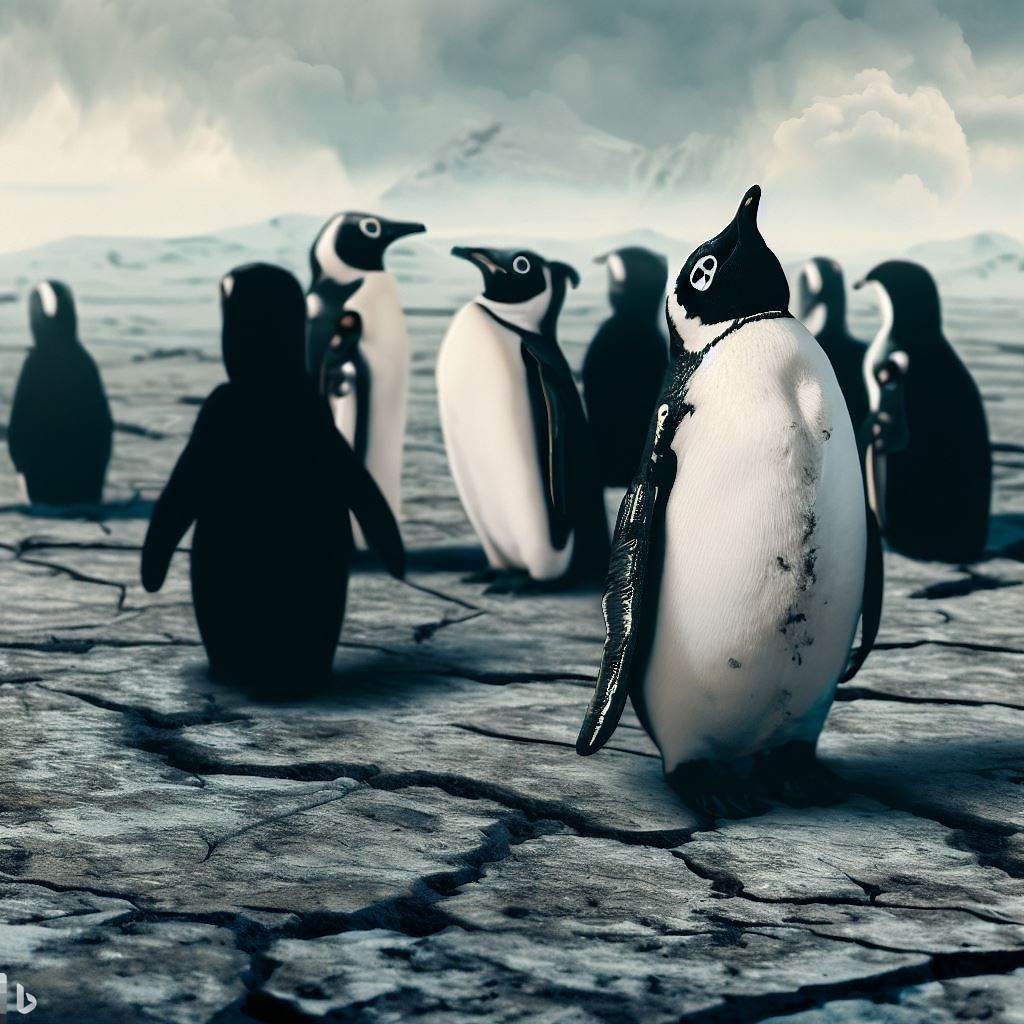
New Antarctic extremes are 'virtually certain' as the world warms
Extreme events in Antarctica such as ocean heatwaves and ice loss will almost certainly become more common and more severe, researchers say.

